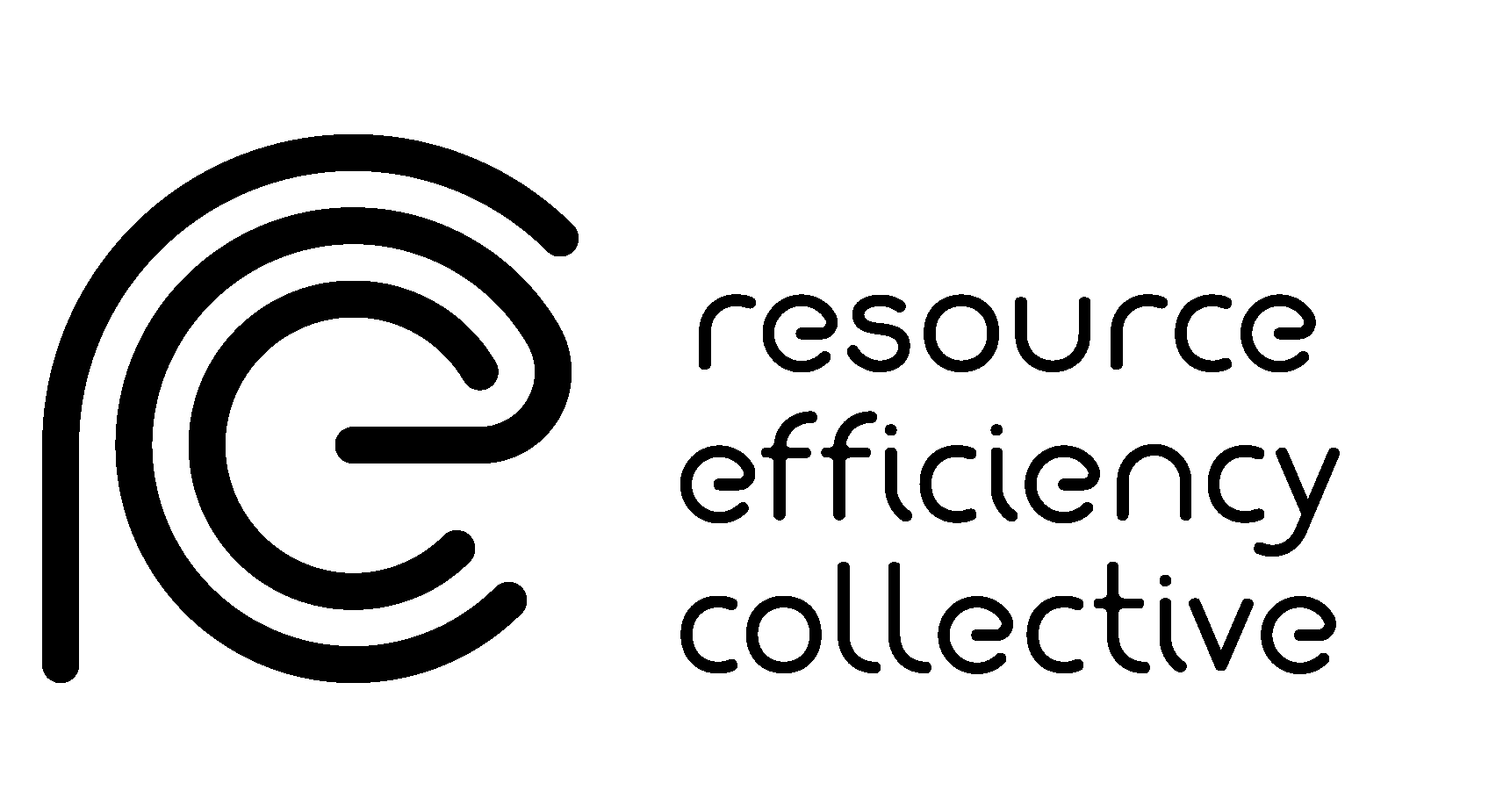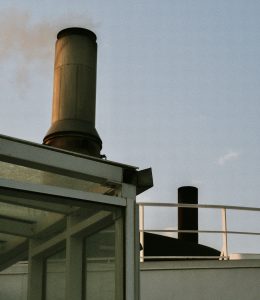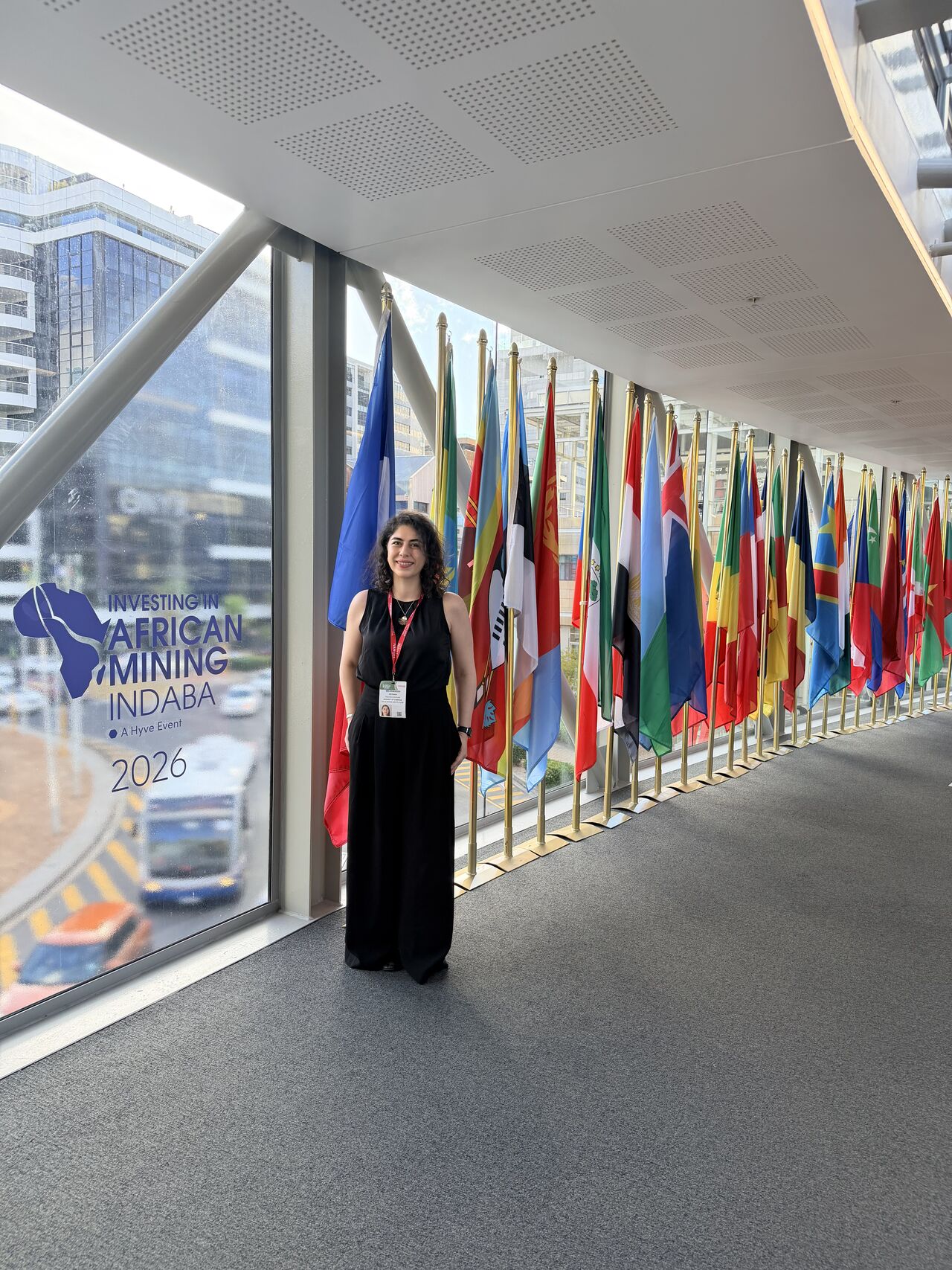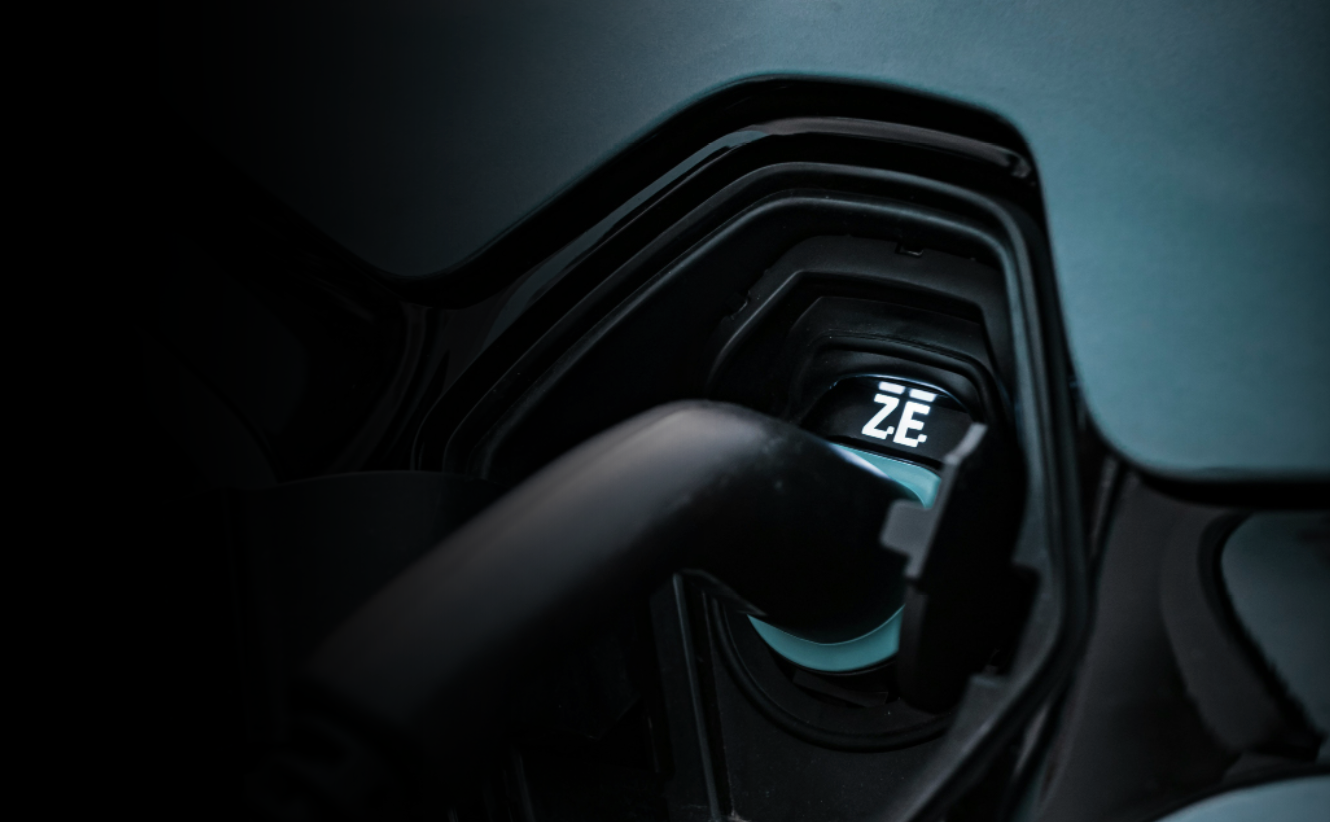Barriers, enablers, and opportunities for scaling-up innovative and circular domestic retrofit business models in the UK
The current pace of adoption of energy efficiency retrofit measures for UK homes is not at the scale required. Innovative retrofit business models, including one-stop-shops and energy service business models, are emerging to organise the supply chain and accelerate retrofit delivery. Meanwhile in the wider buildings sector, circular economy strategies and circular business models including material passports, natural fibre insulation, and off-site manufacturing are beginning to improve resource efficiency and lower whole life carbon emissions.
This paper combines these often separately studied fields of business model innovation through 25 expert interviews that provide a systems level overview of the barriers, enablers, and opportunities for scaling-up innovative and circular business models in the UK domestic retrofit sector. This interview series addresses a research gap in the academic literature on circular economy strategies for existing domestic buildings by comparing the differences and overlaps in barriers and enablers between different circular business models and including innovative retrofit business models in the discussion on circularity.
The results reveal opportunities for inter-relationships between the business models and describe how combining business model features could accelerate the adoption of circular economy strategies on the back of attractive customer value propositions. The long-term customer relationships offered by the innovative retrofit business models lay the foundations for the design of circular supply chains and off-site manufacturing is identified as a central business model to unlock potential collaboration opportunities.
To read the full paper by Ana Boskovic and Jonathan Cullen in Journal of Cleaner Production, click here.













